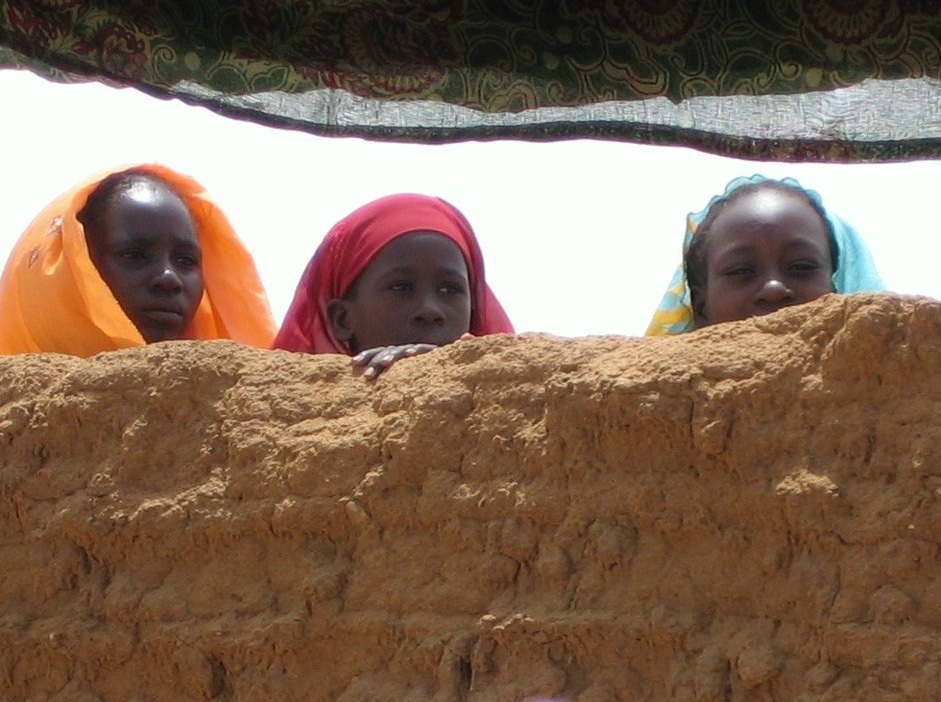
The map of Africa will be redrawn Saturday, as South Sudan becomes an independent nation through a peace process championed by successive U.S. presidents but still beset by lingering tensions from years of war.
President George W. Bush put Sudan at the center of his foreign policy in Africa, helping broker a 2005 peace agreement that ended a conflict that had claimed more than 2 million lives. President Obama has rallied international pressure to rescue that accord as it risked unraveling.
U.N. Ambassador Susan Rice, who is scheduled to lead the U.S. delegation at the independence ceremony, said in a telephone interview this week that this was a fraught and fragile moment, but a remarkable one nonetheless.
Sudanese President Omar Hassan al-Bashir is expected to attend Saturday's ceremony. He has promised to accept the oil-rich south's secession, after initially balking at losing a Texas-size region that had provided much of his government's revenue.
But the north and south are divided over key issues that were supposed to be resolved by now under the peace accord. They include how to fully demarcate the border, divide oil revenue and determine which side will control the disputed region of Abyei.
And northern Sudan is still riven with conflicts. Peace in the Darfur region remains elusive. A month ago, the Sudanese began bombing Southern Kordofan, an oil-producing state that will also remain part of Sudan. Anti-government fighters in the area mostly belong to the Nuba, a non-Arab group made up of northerners who sided with the southern rebels during the 21-year war.
Violence in Darfur, Abyei and now Southern Kordofan has complicated the Obama administration's strategy of offering financial and diplomatic incentives to Sudan in return for its completing the north-south peace agreement and resolving the conflict in Darfur.
"I don't think either side wants to go back to full-scale war. I really don't," Princeton Lyman, the U.S. special envoy to Sudan, said in an interview. But a recent flare-up in Abyei showed how tense the border remains. Sudanese government troops occupied the region in May after clashes with southern police.
"That set everything back a long way. We spent weeks working on plans for having the Sudanese withdraw from Abyei," Lyman said.
Secretary of State Hillary Rodham Clinton helped negotiate an agreement that allowed 4,200 Ethiopian peacekeepers to move into Abyei last month under a U.N. mandate. But the situation remains "extremely volatile," Rice said in a State Department briefing on Thursday.
Abyei has been called "Sudan's Jerusalem" because of both sides' claims of historic ties to the region. Residents were supposed to vote in January on whether to to join the north or south, but the sides couldn't agree on who was eligible to vote.
Jon Temin, a Sudan expert at the U.S. Institute of Peace, noted that the south had been restrained in responding to the north's military moves. "The question is, after secession, after they gain that cherished independence, will the southern strategy change at all? Will they become more aggressive militarily in response to provocations from Khartoum?" he said.
The Sudanese government has promised that it will continue participating in negotiations led by the African Union on outstanding issues in the peace process after South Sudan's secession.
Rice told reporters at the State Department on Thursday that if Abyei and the other issues weren't resolved soon, it could "swiftly destabilize the future relationship between these two states. So for our part, the United States will continue to be extremely active in supporting the implementation" of the peace accord.
The 2005 peace accord ended a grinding war between the largely Arab, Islamic northerners and the southerners, who are mainly Christian and animist and had long complained of discrimination. The plan provided for limited autonomy for the south until a January referendum on secession.
Over the years, an influential coalition of U.S. lawmakers, religious groups and grass-roots organizations has coalesced around ending the north-south war and the fighting in Darfur, where more than 300,000 people died as militias backed by Sudan's ruling party brutally put down a rebellion. Bashir was subsequently charged with genocide by the International Criminal Court.
Obama was initially accused by activists of neglecting Sudan. But over the past year he has intensified his efforts, as the peace accord appeared in danger of collapse. He attended a special U.N. meeting on Sudan, pressed world leaders to support the peace process and sent Sen. John Kerry (D-Mass.), head of the Senate Foreign Relations Committee, to offer a "road map" of incentives to Bashir's government. They included delisting it as a state sponsor of terrorism, establishing full diplomatic relations and lifting economic sanctions that were imposed by President Bill Clinton. But implementation of the road map has been stalled by the recent violence.
The U.S. government has also provided hundreds of millions of dollars in development aid to South Sudan.
South Sudan will become Africa's first new country since Eritrea became independent in 1993. Shattered by decades of war, the south will begin its life as one of the world's poorest nations, with huge numbers of villages lacking schools, clean water or sanitation. Half of all positions in South Sudan's ministries remain unfilled, said Gerry Martone of the International Rescue Committee. More than 80 percent of health-care services are provided by foreign aid groups, according to the committee.








